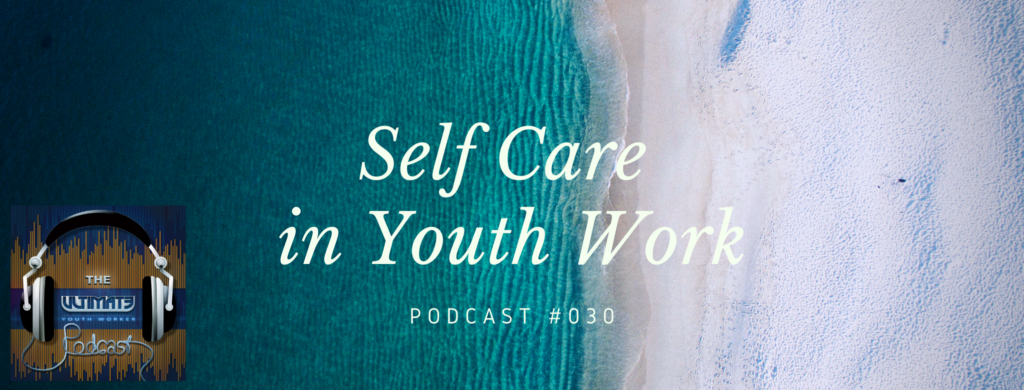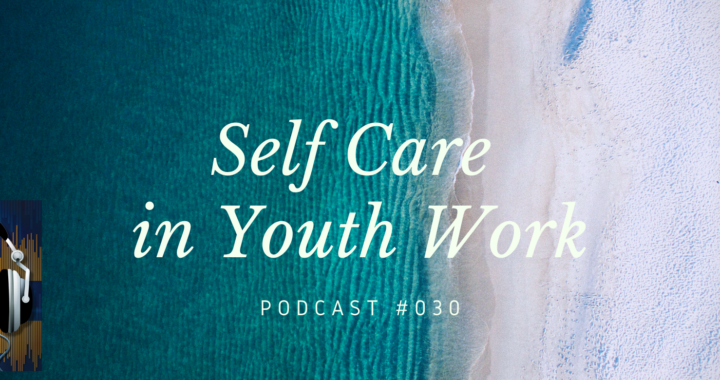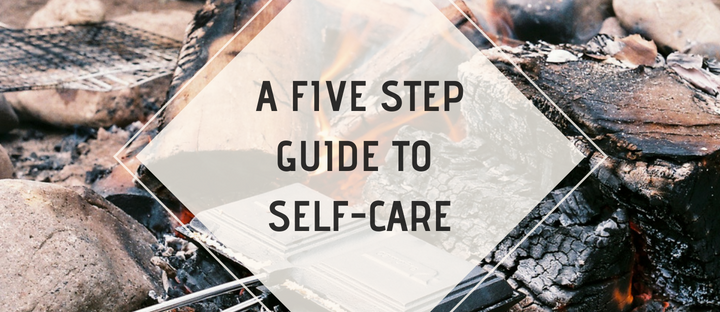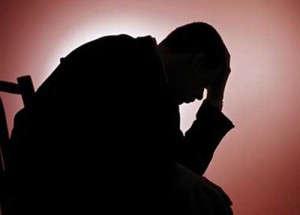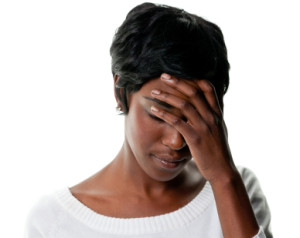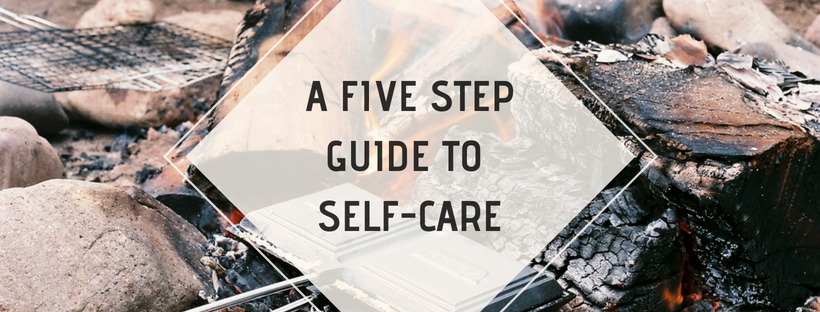
Guide to self care
In my experience, “self care” in the Youth Work industry can be used as a “buzz word” or just a box to tick on your supervision notes. In my first year as a youth worker that was exactly how I thought. But after a while I began to experience mental health issues as a consequence of not looking after myself. This is when I started to look for a guide to self-care more seriously. I have benefited enormously from putting time and effort in to my self-care and that’s why I have created this guide to self care. With dozens of articles in the Ultimate Youth Worker archives dedicated to self-care, I have found some of my favourites and compiled a five step guide to self care to help you stay on top of your self-care.
Step 1. Make a plan.
Step one is nice and easy; settle in to a cosy chair somewhere with a beautiful view, find a pen and paper, get yourself a nice warm cup ‘o tea and listen to the Ultimate Youth Worker Podcast – 001.
In the podcast Aaron & Kat talk about how to live a balanced life. They go through a step-by-step process of how to create your very own “self-care stool”, each leg of the stool representing an integral element of life that needs to be tended to in order to live a balanced life and reduce vicarious trauma. If one leg of the stool is weak or off-balance, then the whole stool is unstable.
It’s no coincidence that the first step in this self-care guide is the topic of our first ever podcast!
If we think in terms of first-aid, the very first thing you are taught is to prioritise personal safety over everything else, even the casualty. The same applies for Youth Work. You can’t provide best care to another person without caring for yourself properly first.
Take the first step, listen to the podcast below and create your self-care plan.
Ultimate Youth Worker Podcast – 001 A Balanced Life
Step 2. Take action.
“There are three kinds of men. The one that learns by reading. The few who learn by observation. The rest of them have to pee on the electric fence for themselves.” – Will Rogers
In response to my self-care plan, step two for me was finding out how I could keep myself composed during times of stress and how I could deal with the aftermath of stressful situations at work. The answer was meditation (as well as adequate follow-up and supervision of course). But it wasn’t just one short meditation course, it was several courses backed up with a consistent daily practice. Hard work and effort, but the reward was well worth it.
Meditation worked for me because I found calm in the process and the results were fruitful. But not everyone finds meditation helpful. In that case, start to put your self-care plan in to action and find out what will help you fulfil the different elements of your self-care stool.
In the article below, Aaron talks about the many benefits of meditation and expresses his regret of giving it up too easily when he first tried it.
Youth worker self-care: Meditation
Step 3. Know when to seek help.
Step three is about recognising when you need to seek the help of others. In your self-care plan you would have listed a few people who are responsible for keeping you accountable. We work in a tough industry, we are often verbally and sometimes physically abused, we see and hear things that can have a detrimental effect on our mental health and we are really good at brushing it aside as “part of the job”. Vicarious trauma is a real threat to the longevity of Youth Workers and we need to make a concerted effort to seek help when we are showing signs of burn out.
This may involve sitting down for a chat with a mentor, a friend or a partner. It could even mean using your employee assistance program to see a Psychologist. Find someone who can assist you with finding your centre and then work together to put a plan in place to minimise the likelihood of burn out in the future.
In Aaron’s story below he talks of some of the signs and symptoms he was experiencing that led to him seeking help.
I’m a Slut…No one will love me!!!
Step 4. Is it time to take a holiday?
Circumstances can sometimes get in the way of taking holidays, but when it starts to effect the quality of your work then you need to prioritise a break. After one year as a full-time residential care worker where I was picking up extra casual shifts and taking every personal development opportunity possible, I was burning out pretty fast. It was time to bite the bullet and take a break.
How are you going to recharge your batteries enough so that you can come back refreshed and more prepared to deal with the job? For me it was in my self-care plan, spend time in nature. This, coupled with meditation and having a clear mind from not being at work for a while gave me a strong platform to return to work and give my all to the people I was working for. So, it is time for you to take a holiday?
Is it time to take a holiday?
Step 5. Accountability, Accountability, Accountability!
Ive said it three times because it’s one of the underlying and most important principles of self-care. As discussed in the podcast in step one, having someone to keep you on track and accountable for your self-care is the best way to do it successfully. Your self-care stool relies on it. Sit down with a friend and do your self-care plans together, then set a date for a review and do that together as well. Good luck!
To read more articles and insights into self-care from the Ultimate Youth Worker team, click the link below.
https://ultimateyouthworker.com.au/tag/self-care/
Visit the link below to read more about different self-care methods. Feel free to print out the document and place it on your workplace noticeboard.
Ten self-care tips for Youth Workers

Jessy is the Community Engagement Coordinator at Ultimate Youth Worker. Jessy has been working as a youth worker since 2014 in a variety of different roles. His passion for youth work began whilst volunteering on a YMCA program for young indigenous leaders, after being inspired by the strength and passion of the young people on this program he immediately began his studies at Chisholm Institute of TAFE where he completed a Diploma of Youth Work. Since then, Jessy has expanded his knowledge and skills in the field by working in residential care facilities, being part of an Australian first evidence based foster care program (TFCO) and partaking in various trainings in youth mental health and other relevant areas to his work.
Jessy currently lives in Melbourne but is about to embark on the journey of a lifetime and drive around Australia in a four wheel drive with his partner. He plans to work along the way and explore the different opportunities available for youth workers in Australia. Jessy has dreams to one day start his own organisation dedicated to developing the next generation of socially engaged and passionate young people.
More Posts
Follow Me:

